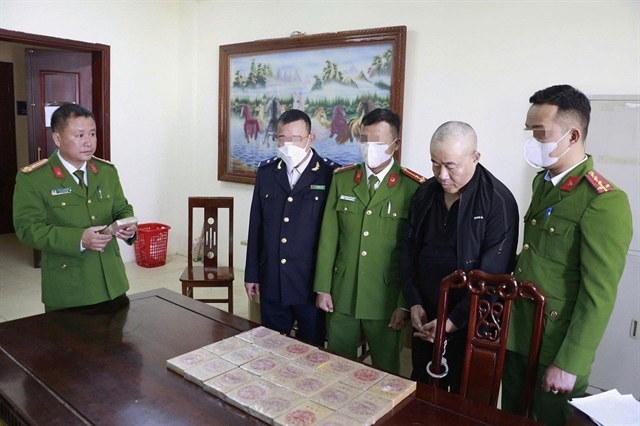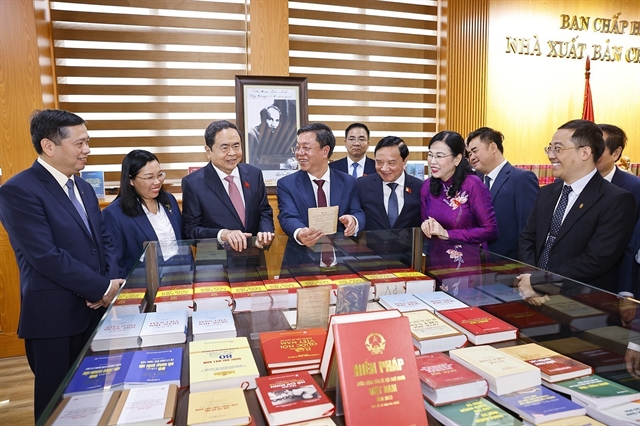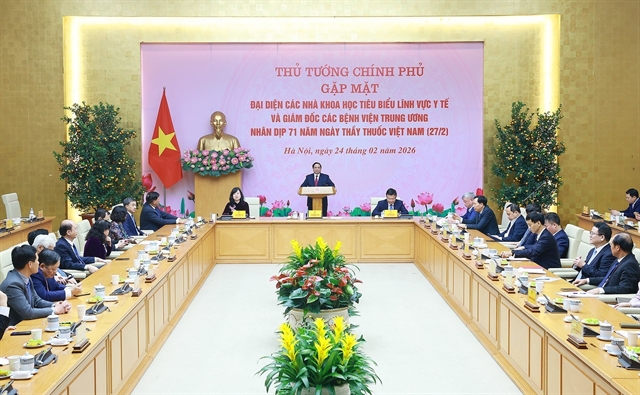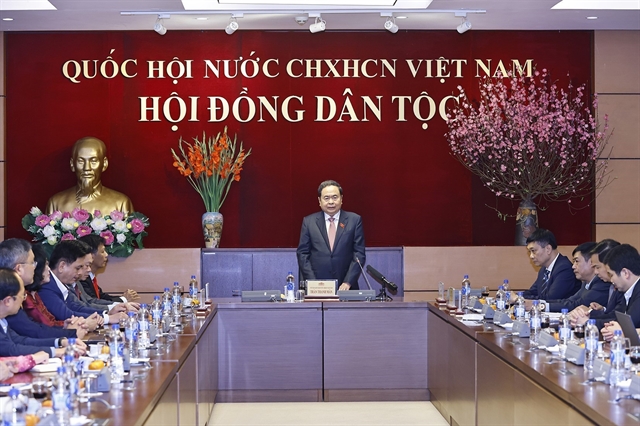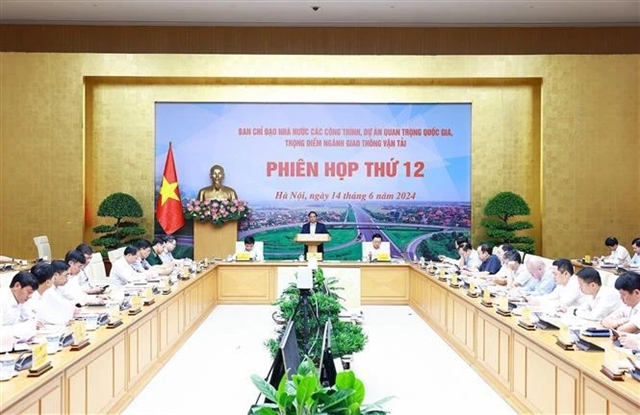 Society
Society
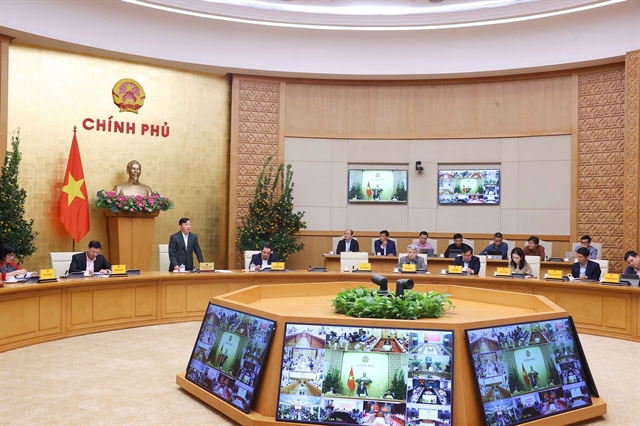
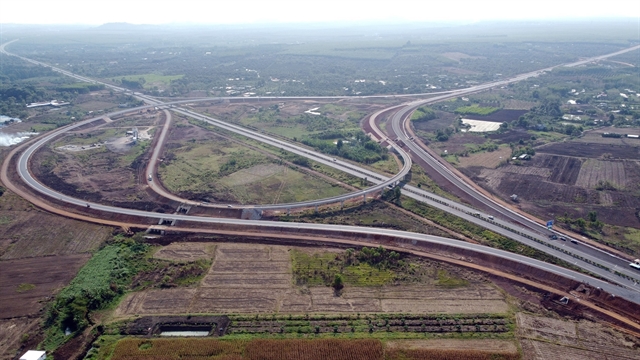 |
| A section of the North-South Expressway Project. — VNA/VNS Photo Bùi Văn Lanh |
HÀ NỘI — The feasibility of the Gia Nghĩa-Chơn Thành expressway, a section of the Western North-South Expressway Project, was discussed at the National Assembly on Monday.
Deputy Phạm Văn Hòa from Đồng Tháp Province expressed his support for the section, citing it as a crucial link between the southwest and southeast regions.
He proposed the section be financed by a combination of State budget and private funding, and implemented under the Public-Private Partnership (PPP) model. Another proposal was to upgrade the existing Chơn Thành-Đức Hòa expressway section to four lanes to match the Gia Nghĩa-Chơn Thành section.
"According to the plan, the section will have six lanes," said Hòa. "But due to limited capital, we will first construct four lanes. The remaining two will be divided into phases for future investment."
Given that approximately 1,300 households are affected by the project, he emphasised the importance of proper compensation and resettlement policies, calling on local authorities to prioritise these measures.
Deputy Nguyễn Trường Giang from Đắk Nông Province said the section will open up new economic space, strengthen regional connectivity and create a network of highways linked to Long Thành International Airport and Cái Mép-Thị Vải Port.
"To ensure the project's progress, I suggest its contractors be exempted from applying for a Mineral Exploitation Licence when they exploit minerals to produce construction materials for the project," said Giang.
Deputy Điểu Huỳnh Sang from Bình Phước Province underlined the project's potential to alleviate infrastructure bottlenecks, stimulate socio-economic growth in the southwest and southeast regions and enhance national defence and security.
Minister of Transport Nguyễn Văn Thắng revealed that the section was designed for six lanes but will initially be constructed with four lanes, half of which are financed by the State budget. Further expansion to six lanes is planned for 2045.
He also emphasised the project's attractive return on investment, with a payback period of approximately 18 years.
Some deputies raised concerns about the project's 2026 completion target, but Thắng expressed confidence the project would meet this deadline, citing Việt Nam's extensive experience in constructing expressways.
He drew parallels with the construction of the Eastern North-South Expressway Phase 2, which was completed within 24 months despite initial challenges. Thắng attributed this success to the optimisation of construction processes and the shortening of project timelines.
The minister also highlighted several factors that will expedite the section's construction, including readily available material resources identified by local authorities and strong local commitment to land acquisition.
Addressing concerns about local funding constraints, he reiterated the strong commitment of Đắk Nông and Bình Phước Provinces to implement the project and cited the successful financing of Điện Biên Airport as an example of what a province with strong commitment can achieve.
"Despite having an annual budget of between VNĐ800 billion to VNĐ1.2 trillion, Điện Biên was able to build Điện Biên Airport, which cost VNĐ1.2 trillion," said Thắng. "This demonstrates a province's ability to undertake large-scale infrastructure projects despite financial constraints."
Therefore there is reason to believe that Đắk Nông and Bình Phước can also achieve similar success in their infrastructure endeavors, he noted. — VNS

